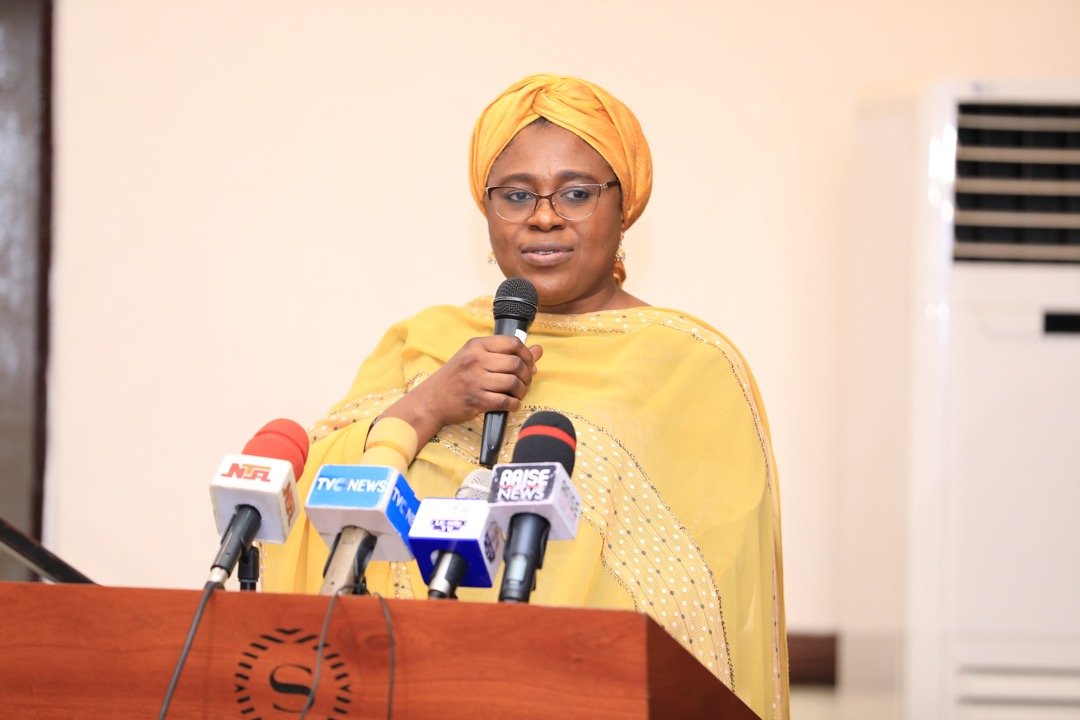By Iyemah David
The Nigeria’s Federal Government has blamed high maternal and infant mortality in the country on the poor state of Primary Healthcare (PHCs) facilities.
Speaking on Friday in Akwanga, Nasarawa state, at the 7th Annual Health Conference of the Association of Nigeria Health Journalists (ANHEJ), the Special Adviser to the President on Health, Dr Salma Anas-Kolo, said the challenges to maternal and child deaths could be averted and prevented if PHCs were rebranded to guarantee health security.
Referencing the theme of the conference, ‘Health Security: Nigeria’s Efforts to Achieve Universal Health Coverage’ and speaking on ‘Improving Access to Healthcare: The Role of Primary Health Care,’ she said Nigeria is among the 3 per cent of the world’s population and with a major contributor to the global burden of maternal and newborn deaths.
“This is attributed to poorly functional PHC systems, resulting in a lack of available equipment and low healthcare coverage, as well as inadequate financing in the health sector,” she added.
Anas-Kolo said having an effective PHC system will build the foundation of a healthier society, and reiterated the present administration’s effort to revitalize the sector to achieve the SDG 2030 target of universal health coverage.
She said, “The PHC is the fulcrum for a resilient health system and should be structured to be able to deliver services that will support the attainment of UHC and guarantee health security.
“The PHC is the entry point into the health care service delivery system where 80 per cent of the health issues should be sorted out, and essential basic care needs provided.
“As a gateway to accessing health services, it should be designed to fit the purpose for proper functioning and operations to be prepared for the needs of the community where it is located.
“It should be a hub of positive interaction that gives hope and relieves anxieties and distress to whoever is there whether as a caregiver or client/patient.
“It should be community-owned and lead for optimal utilization and sustainability of the PHC system along with the aspirations and potentials of the people and their developmental growth needs.
“The PHC should be linked to a secondary care facility for ease of referrals of cases requiring more expert attention.”
Anas-Kolo said despite receiving the least attention of PHC in the country, morbidity and mortality burden was still on the increase due to pregnancy-related conditions making, as a result, weakening the link of the health service delivery system in the country.
“In the integrated system that we are promoting, we aspire to ensure that as soon as a pregnant woman visits a healthcare facility, the quality and level of care she requires to deliver a healthy child is assured.
“These include the payment for the services she would receive, ensuring that she is covered under one form of health insurance or the other,” she noted.
The special adviser said there is generally poor health-seeking behaviour due to poor literacy and socio-cultural factors, like long distances to health facilities and lack of transport to referral facilities; poverty and lack of access to water, sanitation.




